Image Credit: Group Therapy (Poor Dog Group)
Schedule
Introduction
Week 1 What is Constructed Conversation // The Question of Writing
Week 2 Practices, Schools (Socratics, Psychoanalysis, Quakers, Facilitation)
Week 3 A Work (scripts, recipes, scores, games, choreographies)
Elements
Week 4 Parts of Speech (I/You/They, Predicative Thinking, Verbs/Adjectives/Nouns)
Week 5 Semantic Directives (Community of Philosophical Inquiry, Therapy, Surrealists)
Week 6 Spacing / Length (Short Speaking, Interruptibility, Quaker Meetings, Polyphony)
Week 7 Repetition / Iteration / Duration
Week 8 Embodiment (Sitting, Walking, Circumambulating, Bowing/Rocking, Twiddling)
Week 9 Intonation / Gesticulation
Week 10 Identity / RolePlay
Final Projects
Week 11 Text Share (p1), Final Project Proposals
Week 12 Text Share (p2), Final Project Rehearsals
Week 13 Final Performance
Designing Constructed Conversations
Open Seminar, Fall 2017
Thursday 3:30 - 6:30
Instructor: Aaron Finbloom, Ph.D. Candidate, Humanities Program
*this is a non-credit course; to enroll email Aaron Finbloom at
aaron.finbloom@gmail.com
The constructed conversation exists in a nebulous middlezone between dialogic spontaneity and intentionality. It is not quite a dinner conversation or a chat with a friend – examples of conversational practices bound by implicit rules determined unconsciously by networks of culture, customs and history. It is not quite a script or a written dialogue – examples of explicit, consciously fabricated dialogue where all of the content of which is rigidly prescribed, inscribed and determined. The practice of designing constructed conversations involves utilizing artistic models of creation (scores, choreographies, rituals, games, recipes, chance instructions) to make conversations while paying homage to certain essential qualities of dialogue such as: interruptibility, immanence, uncertainty, and spontaneity.
This course will attempt to simultaneously theorize the developing practice of constructed conversations while also providing a platform for constructed conversation design, revision and performance. Each 3hour class will afford opportunities to think through and discuss a particular dialogical theme, and for each student to create a constructed conversation that is a manifestation of that particular theme.
The course will conclude by providing everyone with a chance to chose one constructed conversation made during the class; to extensively revise it, and to perform it before an audience. In addition, this course will provide the fodder for a publication that will include a collection of various conversations created throughout the course, and writings about the process.
Instructor Biography
Aaron Finbloom is a philosopher, performance artist, musician and co-founder of The School of Making Thinking (SMT), an artist/thinker residency program and experimental college. With an effort to expand the scope of philosophy’s pedagogy via structured conversations, dialogical games, improvisational scores, contemplative audio guides and performative lectures, Finbloom has curated dozens of courses and led numerous interactive workshops at places which include: EMERGE, The Performance Philosophy Network, Elsewhere, The Topological Media Lab and The School of the Art Institute. Finbloom holds an M.A. in Philosophy and Art from SUNY Stony Brook and is a PhD candidate in Interdisciplinary Humanities at Concordia University working with Sandeep Bhagwati, Nathan Brown and Erin Manning.

